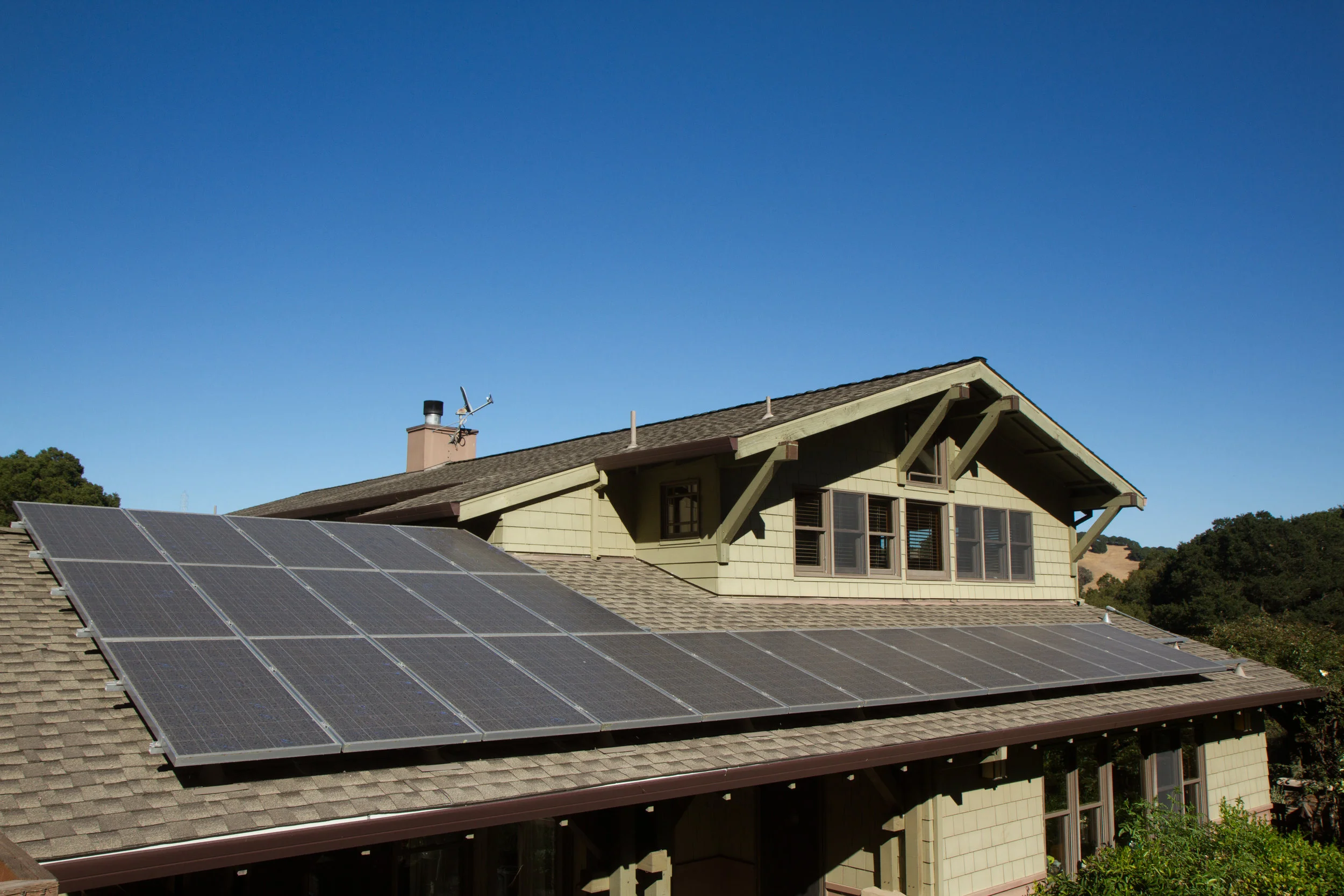If you're reading this, you may have an interest in sustainability in the built environment or in how buildings' energy use impacts climate change. However, applying for an open seat on the Bureau of Codes Division (BCD) Advisory Boards may not have crossed your mind. You may have never thought about how building codes are developed or how often they are updated. But if you care about climate change and future generations, you should know that buildings account for approximately 40% of Oregon's energy use and emit around 28% of the greenhouse gas pollutants that are harmful to our health and contribute to more and worse climate destruction. Volunteering for a seat on a BCD Advisory Board is an excellent way to help reduce the climate impact of the built environment.
Zero Energy Ready Oregon Supports Governor’s Mandate to Transform Buildings to Zero Energy Ready Performance
When Oregon Governor Kate Brown signed Executive Order 17-20 in the fall of 2017, she set Oregon on the path to addressing climate change by ramping up efficiency in Oregon’s buildings. Addressing building efficiency is a critical climate action strategy as commercial and residential structures account for 40% of carbon globally. Her order calls for a number of specific actions including that Oregon should “establish an aggressive timeline to achieve net zero energy ready buildings as a standard practice in buildings across the state.” Zero energy (ZE) buildings are highly efficient and only consume as much energy as is produced through onsite renewables (usually solar panels) over the course of a year. Zero energy ready buildings have efficiencies on par with ZE projects, but don’t yet have sufficient onsite renewables.





